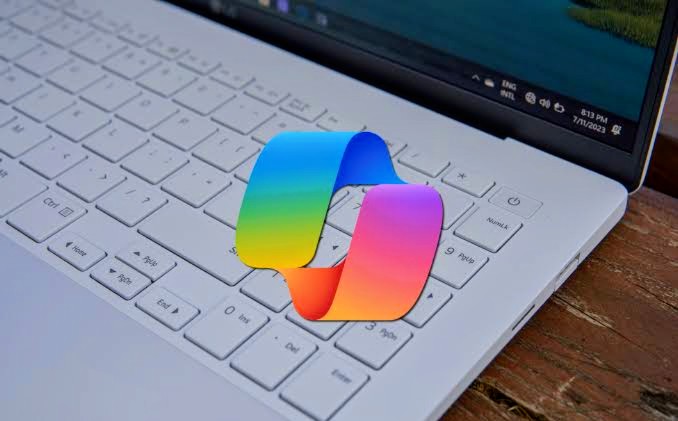Microsoft introduces Copilot AI key for Windows keyboard
Microsoft has unveiled plans to integrate a distinct Copilot key into PC keyboards, marking a significant departure from the conventional Windows keyboard layout – a shift not witnessed since the introduction of the Windows key on the Natural Keyboard in 1994.
Microsoft’s hardware partners will show off Windows 11 computers with the Copilot button over the coming days at the CES technology conference and, over time, it will become a required feature.
The Copilot key will, predictably, open up the Copilot generative AI assistant within Windows 10 and Windows 11. The short cut will help users create images, write emails and summarise text with the help of AI.
“AI will be seamlessly woven into Windows from the system, to the silicon, to the hardware,” Microsoft’s consumer chief marketing officer, Yusuf Mehdi, said in a blog announcing the change.
The inclusion of this novel key underscores Microsoft’s unwavering dedication to advancing artificial intelligence technologies and fervent desire to promote widespread usage of Copilot and its suite of generative AI products.
Notably, when juxtaposed with previous company endeavors such as Bing, Edge, Cortana, and the Microsoft Store, which struggled to seamlessly integrate into hardware, this move signifies a strategic departure, emphasizing a distinctive commitment to embedding AI functionalities directly into the hardware ecosystem.
Microsoft envisions 2024 as a pivotal juncture heralding “the year of the AI PC,” as articulated by representatives such as Mehdi. This strategic perspective mirrors a burgeoning trend observed in the realm of smartphones, where manufacturers routinely emphasize the AI capabilities of their latest models by branding them as “AI phones.”
The alignment with this trend underscores Microsoft’s proactive stance in positioning AI as a central and transformative element within the computing landscape.
Those labels don’t carry much weight by themselves, but Microsoft has spent the past year retooling its biggest products around AI tech that can generate new content from massive data sets.
That list now includes Windows, Office, Bing search, security software and customer and finance products. The work heavily leverages the GPT-4 technology from OpenAI, in which Microsoft has invested US$13 billion.
Also Read: Samsung to unveil AI-powered phones January 17
Despite Microsoft’s concerted efforts to integrate AI services, particularly with the introduction of Copilot features across a spectrum of both new and existing devices, the anticipated sales uplift for device manufacturers has yet to materialize.
Mehdi’s commitment to intricately interweaving AI into hardware and silicon, however, hints at a potential shift. As Microsoft continually refines and advances its AI proposition, there’s a discernible implication that consumers may experience heightened pressure to upgrade, aligning with the evolving capabilities of Microsoft’s AI-infused technologies.

